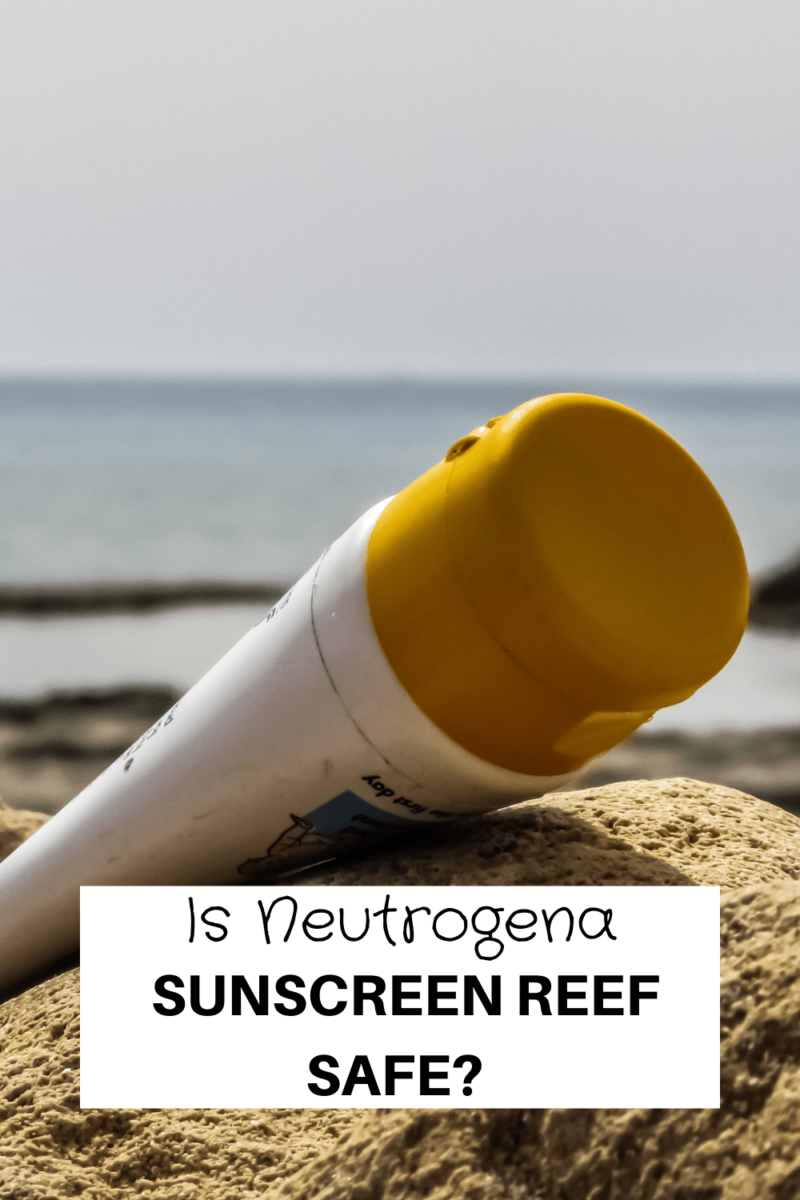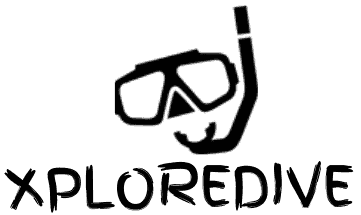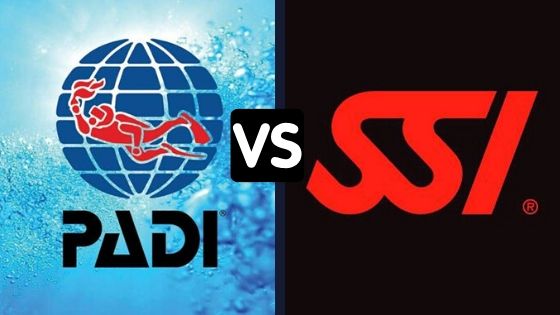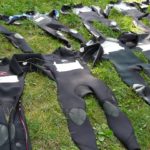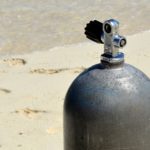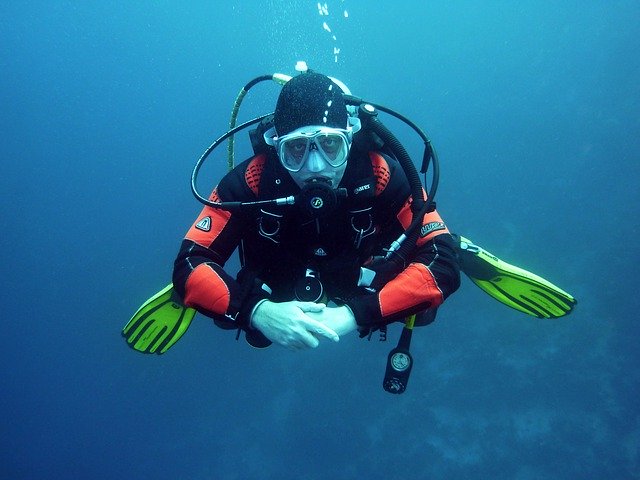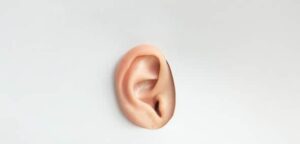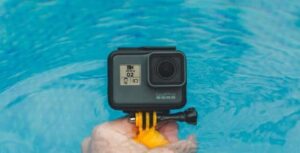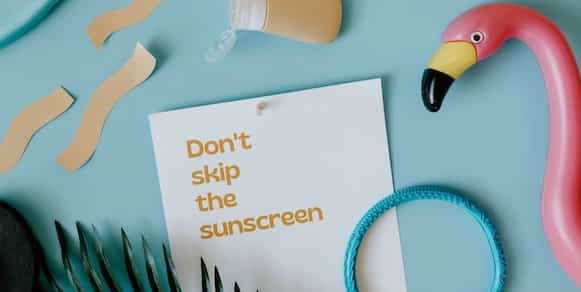
One of the best things about summer is the sun as well as people, in general, are in a better mood. With that, people who are out in the sun too long can cause skin damage, make you look older, and even cause cancer. As a result, we need to put on sun cream to protect our skin from the sun.
Neutrogena has some of the best suncream products on the market but not all Neutrogena products are reef safe so you need to check the ingredients and label. But from a scuba diver’s point of view, suncream can be harmful to the ocean in particular the coral reefs. It is important to prevent our oceans and what lives in the ocean.
In today’s post, we will go through in more detail is Neutrogena sunscreen reef safe, so let’s get started!
Read more on common questions asked by divers
What Is Sunscreen And Why Do We Need It?
As much as we all enjoy the sun but too much of the sun can lead to harmful UV rays damaging your skin. We need to use suncream to block and absorb the UV rays as the UV rays can damage your skin or even cause cancer.
There are a number of factors when deciding on what sunscreen such as the SPF level which ranges from 10 to 50+. If you normally burn after 10 minutes in the sun without any protection then you need a suncream with SPF 30 or higher. The higher the SPF you will not get a tan.
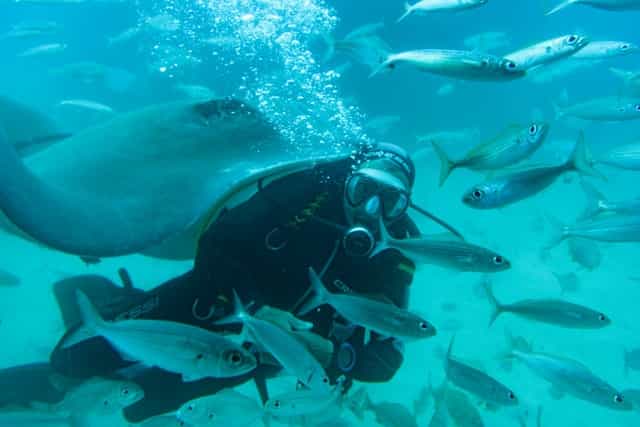
What Is Coral Bleaching?
There is a fine balance between coral and algae as well as marine life. The interactions between the coral and algae are that the algae provide oxygen to the coral as well as food for it. Where the coral provides shelter from predators and other threats that may come.
This relationship becomes disrupted because of temperatures changes or pollution, this can cause bleaching. These changes cause the coral to expel the algae. The corals will lose their colorfulness and turn white.
Why Should I Use Reef Safe Sunscreen?
Whether if you are surfing, snorkeling, or scuba diving, it is important to use reef-safe sunscreen. There are chemicals in sun cream that help to protect your skin from the sun. But these chemicals have a negative impact on the coral reefs.
Some of these ingredients you need to watch out for in your suncream before buying are as follows.
- Oxybenzone.
- Nanoparticles.
- Para-Aminobenzoic Acid.
- Triclosan.
- Camphor.
- Methylparaben.
- Benzyl Paraben.
How To Tell If Your Sunscreen Is Reef Safe?
You can tell if your suncream is reef safe by watching out for the chemicals that are used in the suncream. You need to make sure that the suncream does not have oxybenzone and Octocrylene. As well as zinc oxide and titanium dioxide which need to be non-nano.
There is a list of ingredients here you need to avoid.
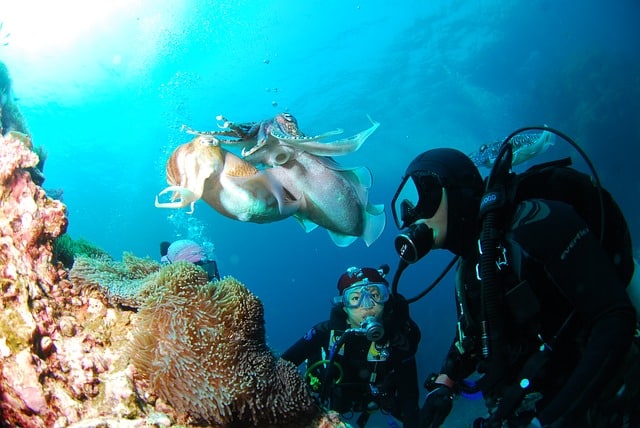
What Are The Dangers Of Using Non-Reef Safe Sunscreens?
As a scuba diver, you should always try to make sure to use reef-safe sunscreens to protect the reefs. Standard sunscreens are generally not reef-safe sunscreens as generally, they contain chemicals that can damage or even kill coral reefs.
Chemicals like Octinoxate and oxybenzone which is found in around 90% of non-reef safe sunscreen products. Oxybenzone affects corals by breaking down their protective outer layer so they become more susceptible to bleaching from warmer water temperatures, disease-causing microbes, and UV light exposure.
Whereas Octinoxate makes corals more sensitive to UV light because it alters the rate at which they produce energy through photosynthesis.
Is Neutrogena Sunscreen Reef Safe?
No, not all Neutrogena products are reef safe. Neutrogena has some of the best suncream products on the market. You need to check the ingredients if it contains parabens, Octinoxate, oxybenzone, or titanium dioxide. And if it has a label that it is reef safe.
Wrapping Up
Finally, not all Neutrogena products are reef safe so you need to check the suncream you are buying if it has any harmful chemicals and if there is any labeling that states that it is reef safe. From a scuba divers’ point of view is important to preserve our oceans and what lives in the ocean.
And that’s it for now! I’d love to know if this guide on is Neutrogena sunscreen reef safe has helped you. Let me know if you have any questions and let me know if there is more to add.
Did you enjoy this post? Then don’t forget to pin it!
